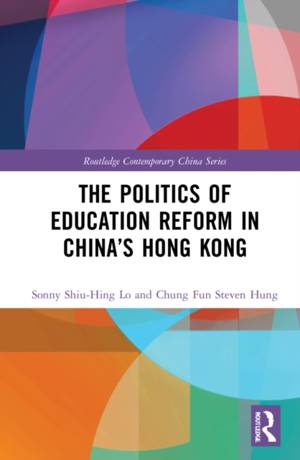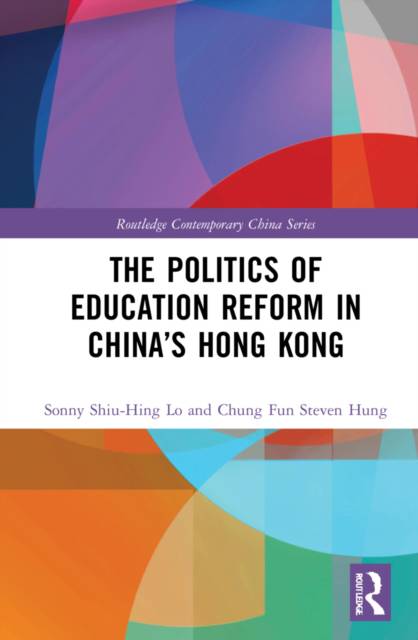
- Retrait gratuit dans votre magasin Club
- 7.000.000 titres dans notre catalogue
- Payer en toute sécurité
- Toujours un magasin près de chez vous
- Retrait gratuit dans votre magasin Club
- 7.000.0000 titres dans notre catalogue
- Payer en toute sécurité
- Toujours un magasin près de chez vous
Description
Education reform has become a highly political issue in the Hong Kong Special Administrative Region (HKSAR) since the transfer of sovereignty to the People's Republic of China (PRC).
Lo and Hung focus on the political struggles among stakeholders, including the government of Hong Kong, the Catholic Church, parents, students, teachers, the central authorities of Beijing, and even the bureaucratic politics between Beijing, the Hong Kong government and the Examination Authority. They examine the key elements of education reform in the HKSAR, including language and curriculum reform, national security education, civic and patriotic education, the rise of the pro-Beijing education elites and interest groups, and the revamp of examination questions and examination authority. The entire education reform in the HKSAR has pushed the Hong Kong education system toward a process of mainlandization, making Hong Kong's education system more similar to the mainland system with emphasis on political "correctness" in the understanding of Chinese national security, history and culture.
Highlighting the political struggles among the various stakeholders, this book is essential for scholars of Hong Kong and China, especially those with an interest in the relationship between education and politics.
Spécifications
Parties prenantes
- Auteur(s) :
- Editeur:
Contenu
- Nombre de pages :
- 208
- Langue:
- Anglais
- Collection :
Caractéristiques
- EAN:
- 9780367706241
- Date de parution :
- 01-04-22
- Format:
- Livre relié
- Format numérique:
- Genaaid
- Dimensions :
- 156 mm x 234 mm
- Poids :
- 489 g

Les avis
Nous publions uniquement les avis qui respectent les conditions requises. Consultez nos conditions pour les avis.






